-
Research brief: How El Niños impact climate in the southwest Indian OCean

El Niño effects are communicated to the Indian Ocean via both large‐scale atmospheric circulation changes over the southern tropical ocean basin and via disturbances to sea‐levels along the coast of Western Australia. CLEX researchers investigated these remote ENSO influences in a state‐of‐the‐art climate model.
-
Research brief: Ring like structure in cyclone leads to rapid intensification of surface winds
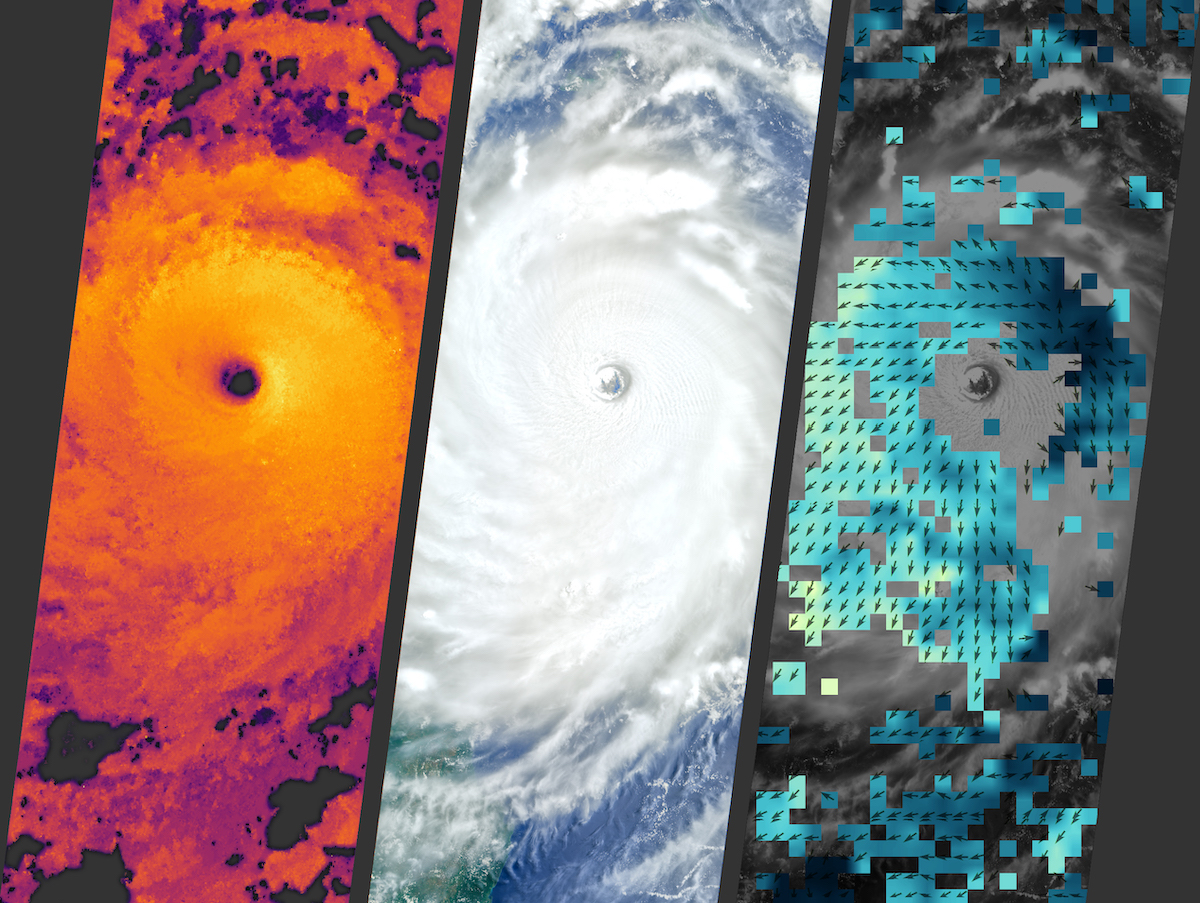
The most intense and destructive tropical cyclones generally go through a period of rapid intensification, where “rapid” means that the near-surface winds increase by more than 15 m/s (54km/hr) in 24 hrs. However, the physical processes by which storms rapidly intensify are not well understood. This study uses very high-resolution simulations with the UK Met…
-
Research brief: New Zealand’s costliest floods caused by atmospheric rivers
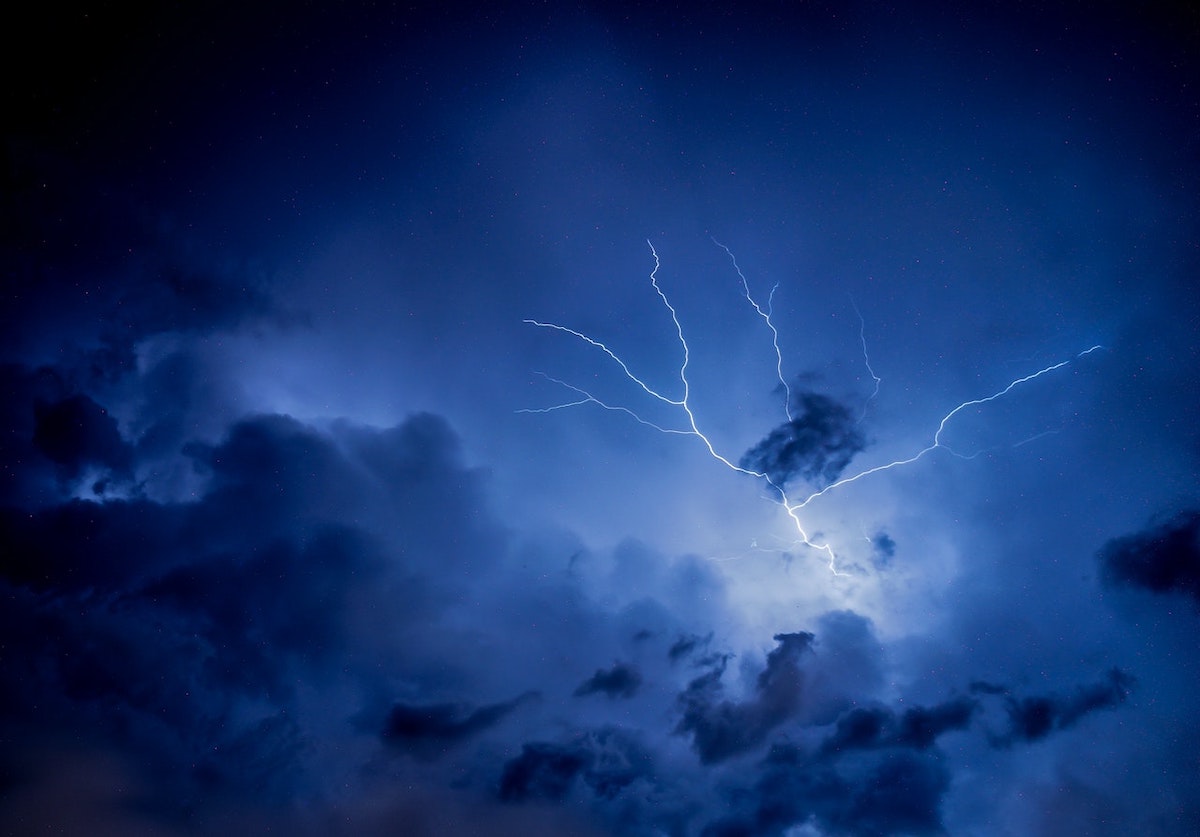
The largest rivers on Earth are not on the ground, but in the sky. Our new study, published in Environmental Research Letters, showed that nine out of ten of the most expensive floods in New Zealand (2007-2017) occurred during an Atmospheric River event, and seven to all ten of the top ten most extreme rainfall…
-
Research brief: The Black Summer and COVID impacts on Sydney and Melbourne air quality.
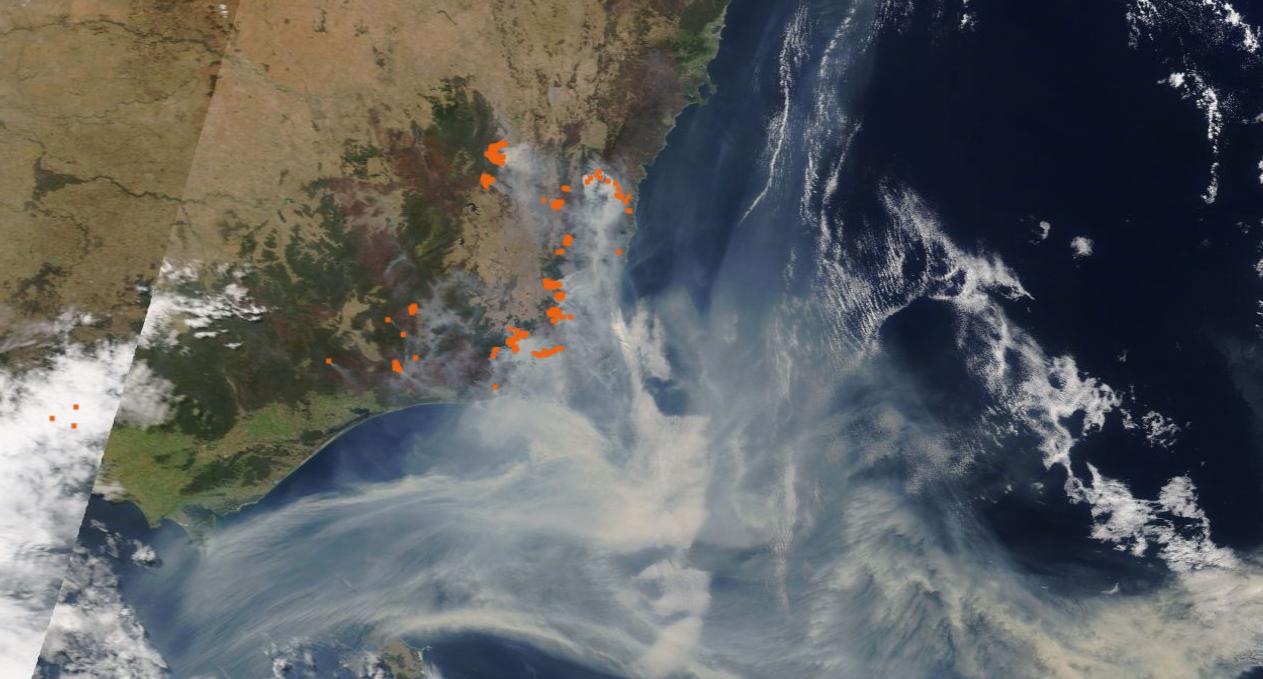
CLEX researchers and colleagues quantified the air quality impact of the Black Summer bushfires of 2019/20 and COVID-19 in the south-eastern states of Victoria and New South Wales (NSW) using a meteorological normalisation approach.
-
Research brief: Most Australian heatwaves from moving systems, not blocked systems

The majority of heatwaves affecting south-eastern Australia are part of large and strong weather systems propagating across Australia, and not due to stationary or blocked weather systems as seen in some other regions of the world.
-
Research brief: How gravity waves impact thunderstorm formation

Storms cause ripples in the wind that travel upwards and away from the clouds, much like a stone causes ripples when it is thrown in a pond. These can then affect the temperature and winds around the storms and make them grow, last longer, or die earlier.
-
Research brief: Southern ocean overturning circulation responds to SAM
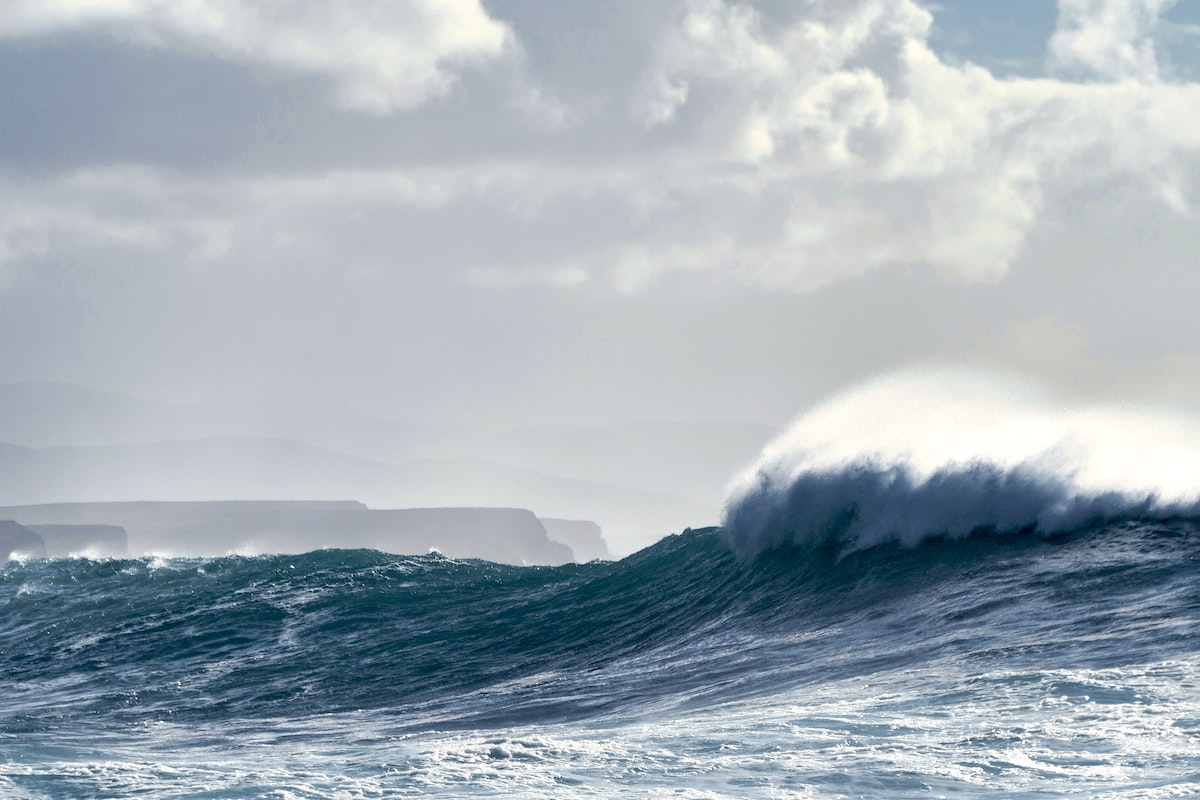
CLEX researchers introduced a novel methodology to examine the Southern Ocean’s response to changing winds. They performed numerical simulations with a global ocean‐sea ice model suite that spans a hierarchy of spatial resolutions and driven by realistic atmospheric forcing conditions.
-
Research brief: The interaction of ocean basins may improve long-term climate predictions
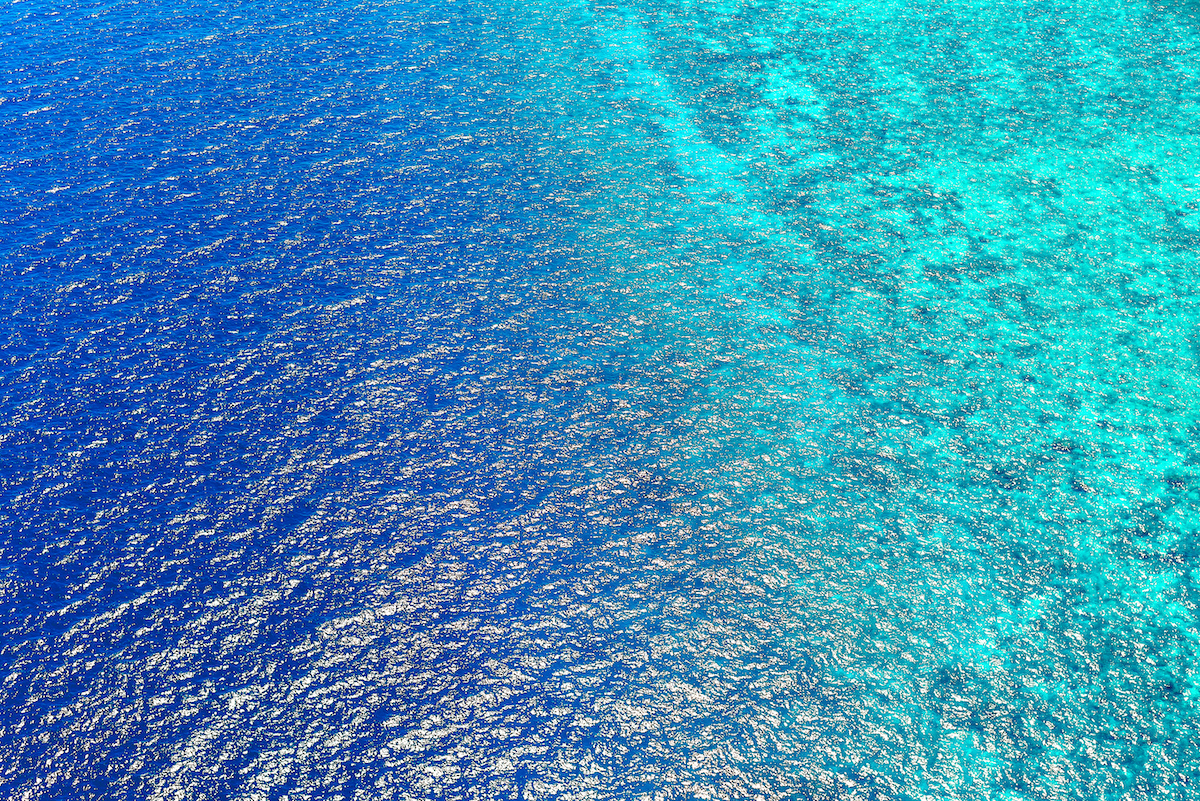
An international team of authors led by NCAR scientist and CLEX PI Jerry Meehl, along with CLEX CIs and AIs, propose that the Pacific and Atlantic ocean basins are mutually interactive, with each basin influencing and responding to processes in the other basin.
-
Research brief: Indian Ocean warming modulates global atmospheric circulation trends

Using atmospheric model experiments, researchers have shown that the warming of the tropical Indian Ocean relative to the other two tropical ocean basins can effectively control Walker Circulation changes in the Pacific and Atlantic oceans and influence climate far beyond the Indian Ocean region.
